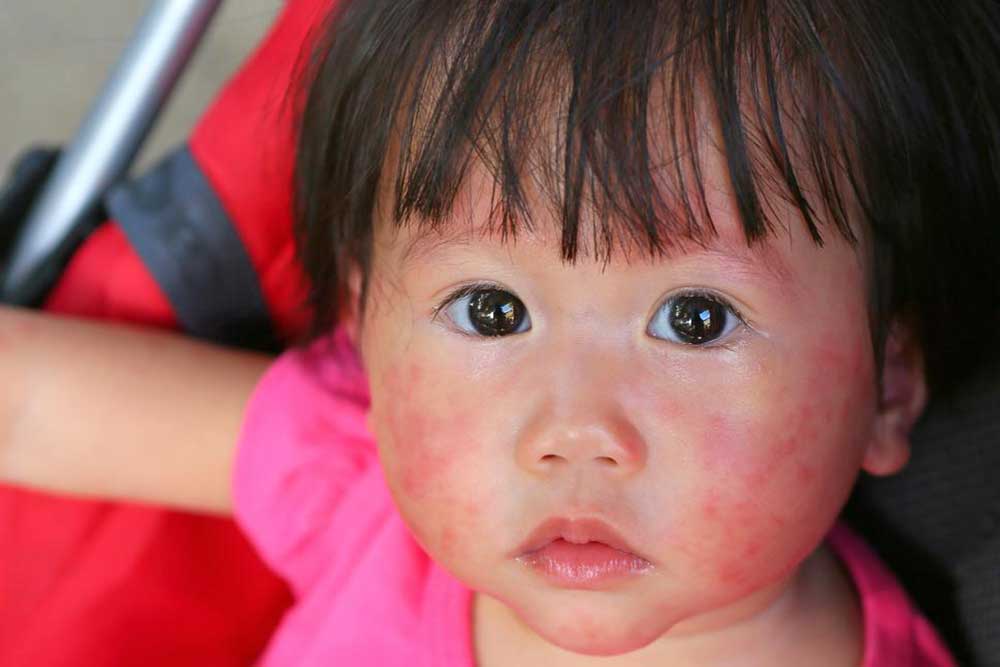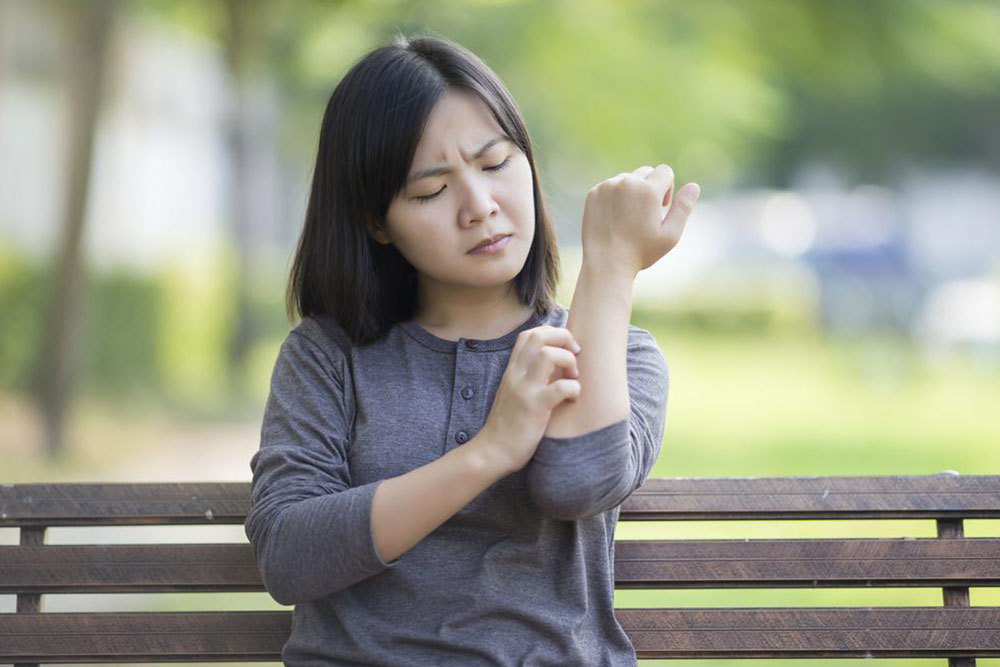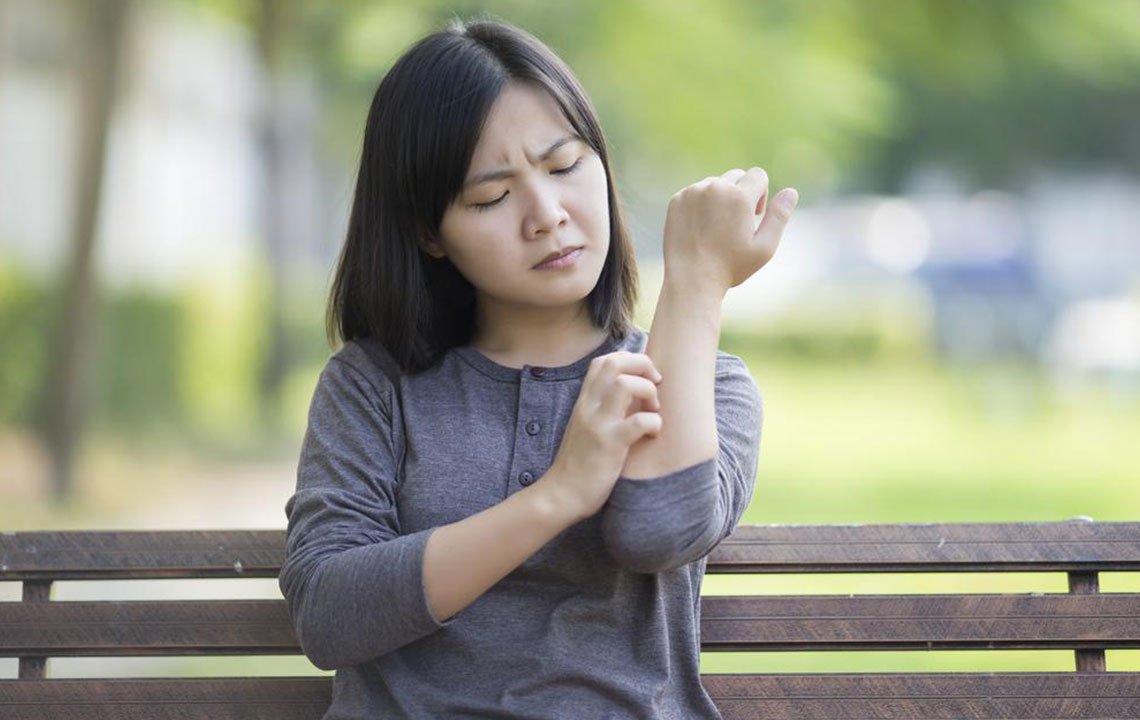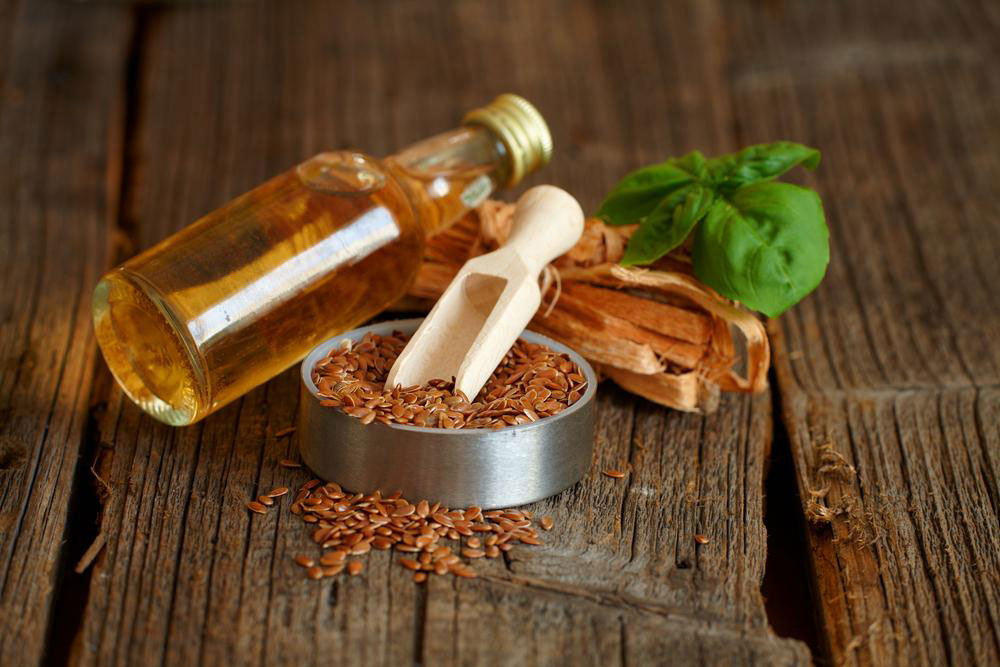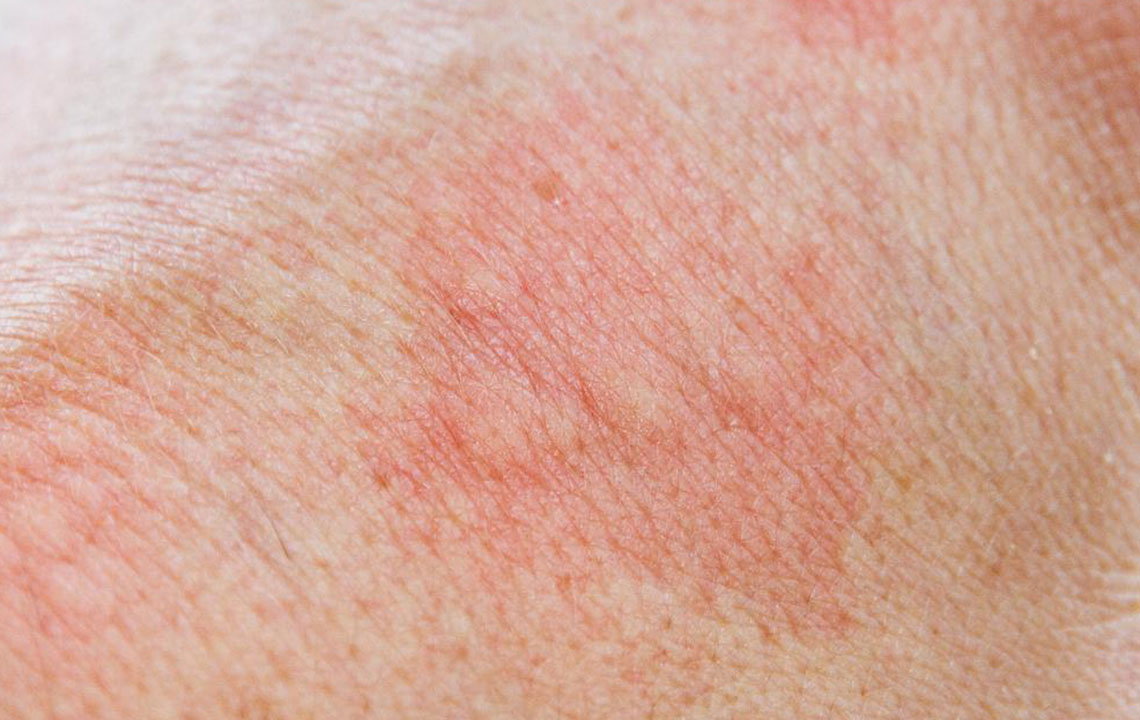Comprehensive Guide to Managing Skin Rashes: Essential Do's and Don'ts
This comprehensive guide covers essential do's and don'ts for managing skin rashes effectively. It emphasizes avoiding irritants like alcohol and harsh soaps, using proper skin care products, and refraining from scratching and immediate sweating. Following these tips can prevent rash deterioration and promote faster healing, ensuring healthy skin and comfort. Perfect for anyone dealing with skin irritations, this article provides expert advice for skin care and rash management.
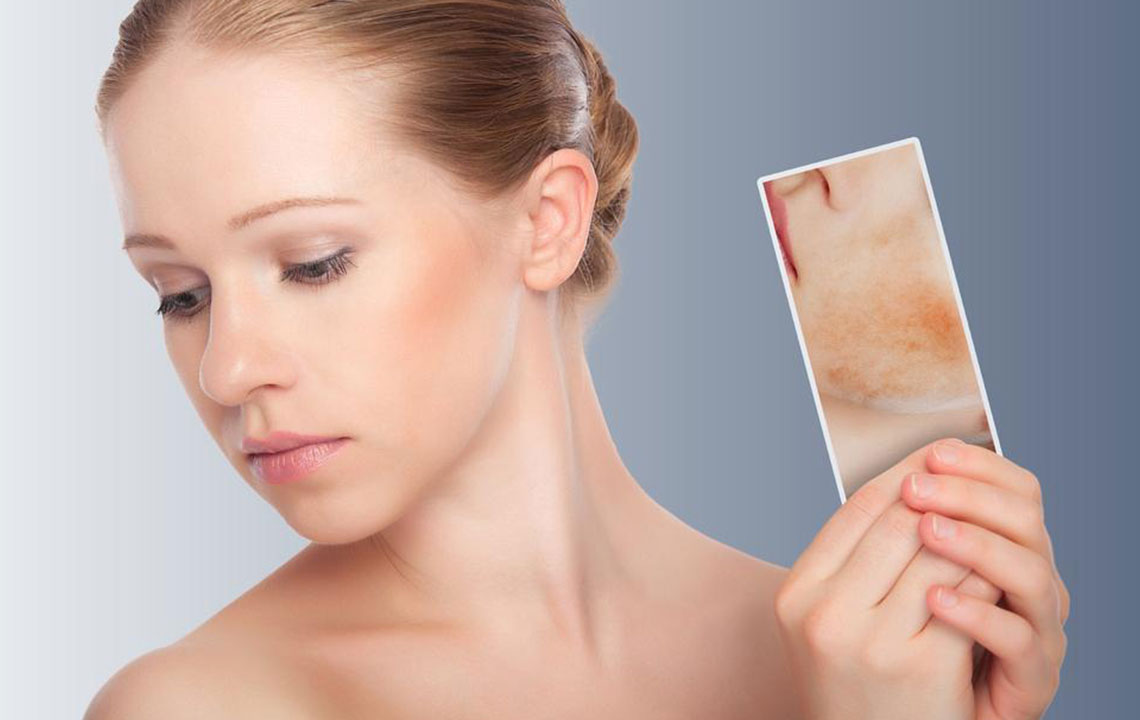
Essential Tips for Effectively Handling Skin Rashes and Preventing Complications
Skin rashes are a common dermatological issue that can cause significant discomfort and inconvenience. Whether caused by allergic reactions, infections, or other underlying conditions, proper management is crucial to alleviate symptoms and prevent worsening. While there are numerous treatments and remedies available, understanding what actions to take and what behaviors to avoid is equally important in ensuring effective skin care. This comprehensive guide provides in-depth advice on the do's and don'ts for managing skin rashes, helping individuals maintain healthy skin and reduce the risk of complications.
Many people focus on treatments and lotions to combat skin rashes, but neglecting common mistakes can lead to prolonged irritation or even infection. Correcting these behaviors and adopting best practices can significantly speed up healing and minimize discomfort. Let’s explore essential guidelines for responsible rash management, with a focus on what to avoid, to foster better skin health.
Key Practices to Avoid When Dealing with Skin Rashes
Avoid applying alcohol directly to the skin: Rubbing alcohol, while often used as an antiseptic, can be harsh and drying on the skin. Direct application may cause significant irritation, stinging sensations, and could even exacerbate existing rash conditions such as eczema or dermatitis. Instead, opt for gentle, dermatologist-approved cleansers that do not strip the skin's natural oils. Avoid using strong chemicals unless advised by a healthcare professional, as these can delay healing and increase discomfort.
Skip harsh soap bars: Traditional bar soaps often contain drying agents and fragrances that damage the skin's moisture barrier. While convenient for cleansing, bar soaps can strip essential oils, leading to increased dryness and irritation in sensitive skin areas affected by rashes. Switching to mild, fragrance-free liquid cleansers designed for sensitive or compromised skin can help maintain skin hydration and support quicker healing.
Be cautious with light, superficial formulations: Many lotions and topical applications marketed for rash relief are lightweight and spread easily, but they often lack the depth of absorption required for effective treatment. Insufficient penetration means that the underlying skin may not receive adequate medication or hydration, delaying recovery. Use products recommended by dermatologists that are designed for your specific skin condition and rash severity.
Resist the temptation to overuse triple-antibiotic ointments: While antibiotic creams can be useful for preventing secondary bacterial infections, their overuse in non-infected rashes can lead to allergic reactions or resistance. Only apply these ointments when prescribed by a healthcare professional and follow their guidance precisely. Overapplication can cause more harm than good, including irritation and delayed natural healing.
Important Behaviors to Avoid to Prevent Worsening of Skin Rashes
Avoid scratching: It can be incredibly tempting to scratch itchy rashes, but doing so often worsens the condition. Scratching can break the skin's surface, creating open wounds that are vulnerable to infection. It may also increase inflammation and prolong the rash's duration. To minimize itching, consider using cool compresses, antihistamines, or prescribed topical treatments that reduce itchiness without causing additional trauma.
Change out of sweaty clothes promptly: Excess moisture and trapped sweat can create an ideal environment for bacterial or fungal growth and further irritate affected skin. After sweating, shower promptly, and change into clean, dry clothing. This practice is especially important for individuals with sensitive or already irritated skin, as it reduces the risk of rash aggravation and infection. Maintaining dryness and hygiene is key to skin recovery.
By following these recommended guidelines, individuals can significantly reduce the risk of their skin rashes worsening and promote faster healing. Proper care involves not only applying appropriate treatments but also avoiding harmful behaviors that can impede recovery. Understanding and implementing these simple yet effective tips will lead to healthier skin and relief from discomfort, ultimately improving quality of life for those affected by skin rashes.
